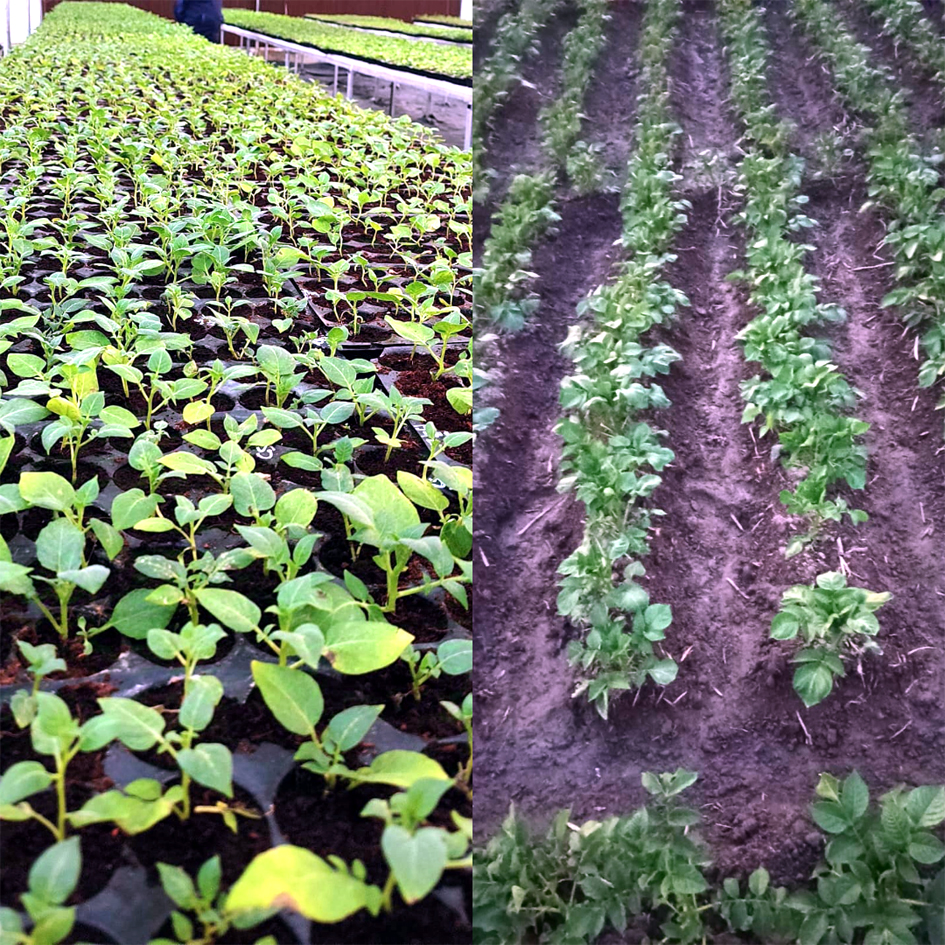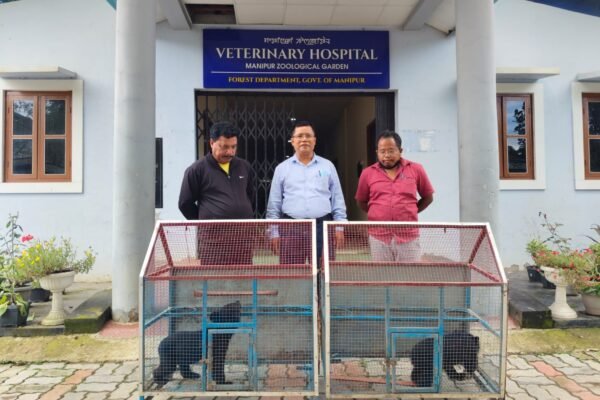Agartala, December 26, 2024: In a significant shift in agricultural practices, the state is witnessing a revolution in potato farming, as traditional varieties like “Jyoti” and “TPS” make way for advanced Apical Rooted Cutting (ARC) technology. The state’s Agriculture and Farmers Welfare Minister, Ratan Lal Nath, has described this development as a “game-changer” for the farming community.
“Farmers are no longer bound by low yields and high costs of conventional potato cultivation. With ARC technology, they are achieving unprecedented productivity, transforming not just their lands but their livelihoods,” the minister stated at a press briefing in Nagicherra.
The statistics speak volumes about the impact of ARC. Traditionally, farmers produced around 18 tons of potatoes per hectare. However, ARC has enabled them to achieve up to 61 tons per hectare. The highest productivity was recorded by Sajal Bhowmik from South Tripura, who harvested an astounding 61.50 MT per hectare. Close behind were Harendra Das from Dhalai with 53.96 MT, and Brajlal Debnath from South Tripura with 53.00 MT.
“This is nothing short of a miracle,” said one farmer, marveling at the results. The highest seed multiplication ratio was seen in the “Lima” variety at 14.39, with an average productivity of 24.88 MT/ha, surpassing all expectations.
The ARC technology, originating from Vietnam and Kenya, involves using apical cuttings derived from tissue-cultured plantlets. These seedlings are rooted in polyhouses and later transplanted into fields. This innovative method not only boosts productivity but also reduces costs and ensures high-quality, disease-free seeds.
“The process is simple, affordable, and fits seamlessly into our crop rotation,” explained an official from the Horticulture Research Center, Nagichhara, which spearheaded the project.
Last year, ARC was introduced to 104 farmers across eight districts, including Dhalai and Unkoti, with five potato varieties—Himalini, Mohan, Uday, Lima, and Thar. Encouraged by the overwhelming success, the government plans to expand the program to 400 farmers this year, covering additional agricultural science centers and subdivisions.
Minister Nath expressed his optimism: “This initiative not only boosts potato production but also strengthens the socio-economic fabric of our farming community. We aim to make ARC seedlings widely available to ensure every farmer benefits.”
The state government remains committed to supporting this transformation, providing farmers with resources, training, and subsidies. “The future of potato farming is here, and it’s brighter than ever,” concluded Nath, envisioning a self-reliant agricultural ecosystem.
This groundbreaking development is expected to solidify the state’s position as a leader in innovative and sustainable agriculture.









